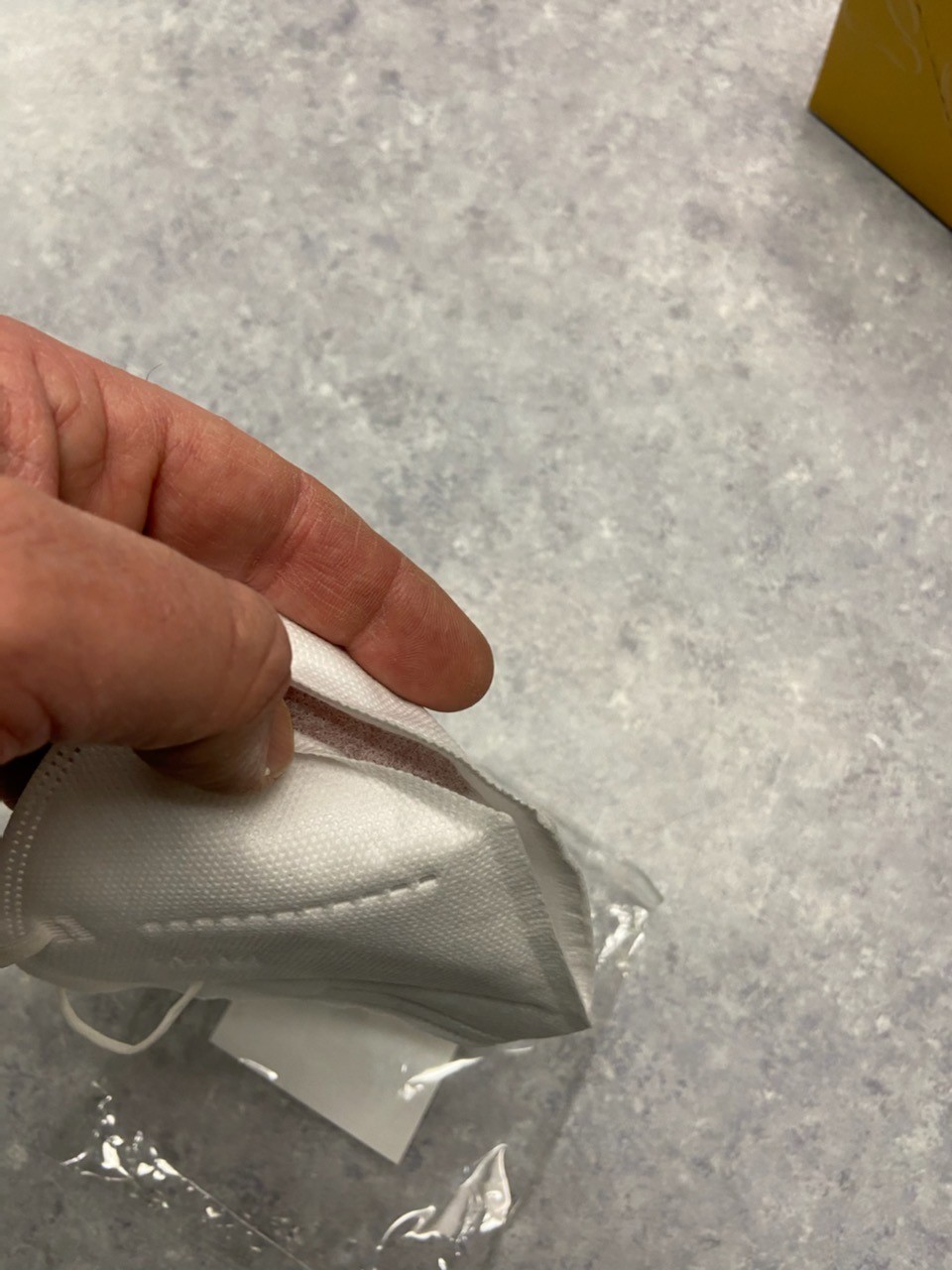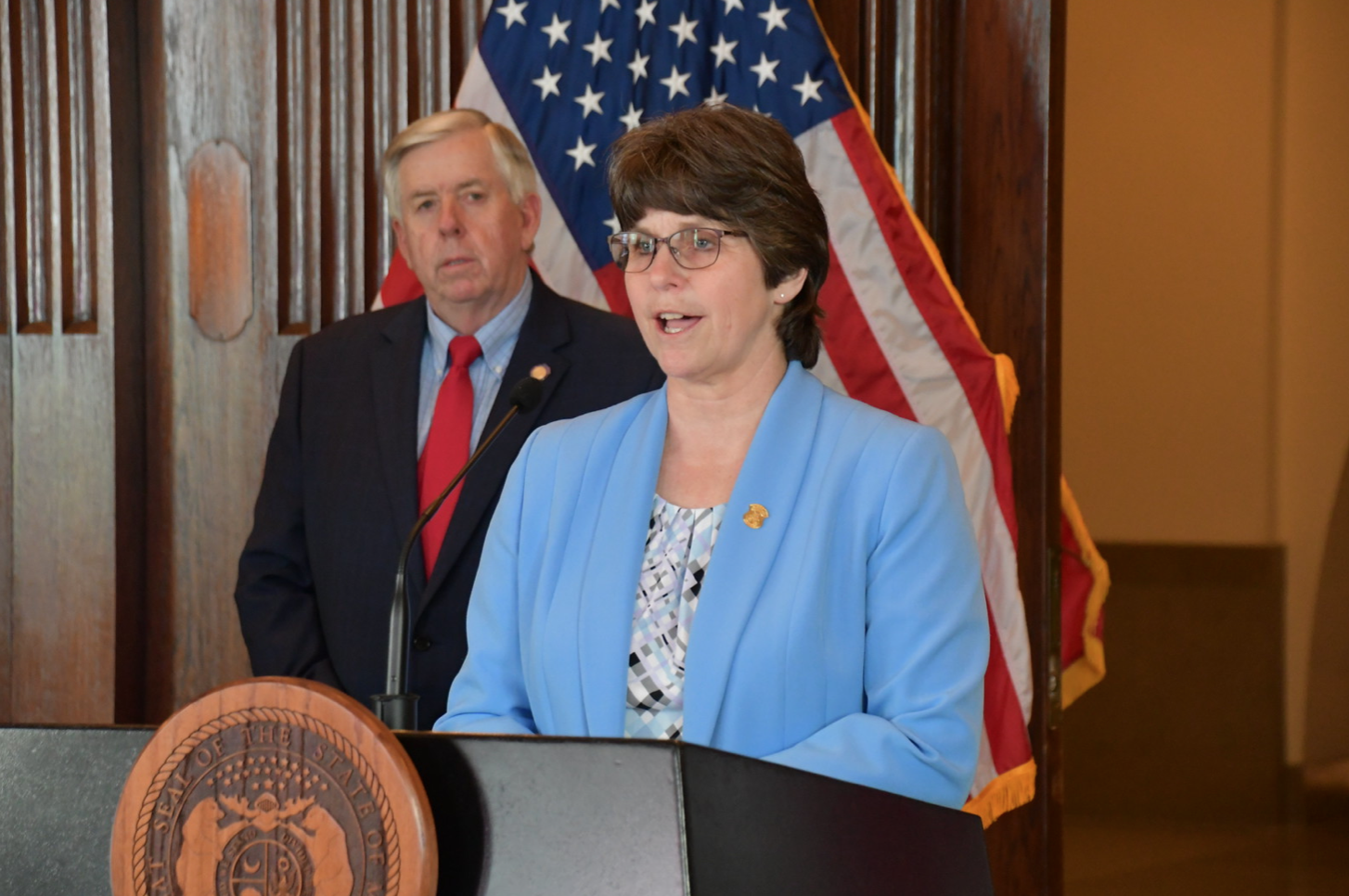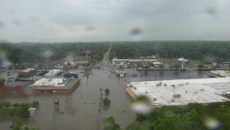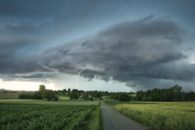Monday’s refund resolves issue of nearly 4 million KN95 masks Missouri purchased, DPS says
JEFFERSON CITY, Mo. — After discussions held over the weekend, Missouri has finally received a refund from a vendor that provided faulty masks given to first responders earlier this month, Department of Public Safety (DPS) Director Sandy Karsten said.
The State Emergency Management Agency (SEMA) recalled about 48,000 KN95 masks on April 13. While those masks came from one vendor, the state canceled orders from three total vendors out of concern, Karsten said.
Details of the orders were:
-
- The state ordered 360,000 KN95 masks for $1.1 million. Missouri received 88,630 of those masks, and the vendor agreed to refund the full amount and pick up the unused masks from a warehouse Friday.
- The state ordered 5 million KN95 masks for more than $16.5 million. Missouri paid 50 percent of that bill in advance. The vendor did not deliver those masks and agreed to cancel the order and return the full advance payment on Wednesday.
- The state ordered more than 3.9 million KN95 masks for more than $16.5 million. As in the previous case, the state paid 50 percent of that total in advance and received about 101,000 masks. A refund was made as of Monday.
The recalled masks came from the first vendor, and the problem was discovered before all of those masks were shipped out, DPS spokesman Mike O’Connell told The Missouri Times.
But it was the third order that caused a bit of a kerfuffle. Last week, Karsten said the vendor had declined to refund the payment, and the state was prepared to “do everything in our power to recoup the money.”

However, Karsten said Monday the vendor had issued a “refund for the KN95 masks” after conversations held over the weekend.
“During those talks, it became clear the vendor was not opposed to and never was opposed to refunding the state the deposit paid for the order. The vendor delivered a product … that did not fit the way we expected,” Karsten said. “The vendor remains committed to assisting the state in obtaining more PPE [personal protective equipment].”
The state will continue to conduct business with all three vendors but will not purchase KN95 masks again, Karsten said.
The mask recall was first announced during Gov. Mike Parson’s daily coronavirus briefing on April 13, an event that does not allow reporters to ask questions in real-time. Throughout the past week, state officials have divulged more information about the quality of the masks and where they came from.
The KN95 masks were purchased from three vendors in China and given to first responders on April 2 and April 8.
Officials said the masks were recalled after they failed to pass a test from the Department of Health and Senior Services (DHSS). Director Randall Williams said the masks need to be able to “seal” so the “virus cannot enter through.” However, with these masks, “that was not felt to be the case,” he said.
Parson has also lamented Missouri’s need to rely on foreign countries and other states during a briefing last week. He vowed Missouri would be more prepared to tackle the next crisis so the state would “never again” be dependent on outside aid.
A firefighter in the Kansas City area told The Missouri Times his unit received a shipment of the now-recalled masks. They were expired and coming apart at the seams, he said.
“Luckily, Kansas City was pretty proactive and had a decent supply and had not used them,” the firefighter said, noting rural departments might not be so lucky.
Karsten also announced a shipment of 200,000 N95 masks manufactured by 3M in the U.S. were shipped to Missouri last week. Those masks were to be doled out among first responders, she said.
As of Monday afternoon, at least 5,807 Missourians have tested positive for coronavirus and nearly 200 have died.
EDITOR’S NOTE: For up-to-date information on coronavirus, check with the CDC and DHSS.

Kaitlyn Schallhorn was the editor in chief of The Missouri Times from 2020-2022. She joined the newspaper in early 2019 after working as a reporter for Fox News in New York City.
Throughout her career, Kaitlyn has covered political campaigns across the U.S., including the 2016 presidential election, and humanitarian aid efforts in Africa and the Middle East.
She is a native of Missouri who studied journalism at Winthrop University in South Carolina. She is also an alumna of the National Journalism Center in Washington, D.C.
Contact Kaitlyn at kaitlyn@themissouritimes.com.






















